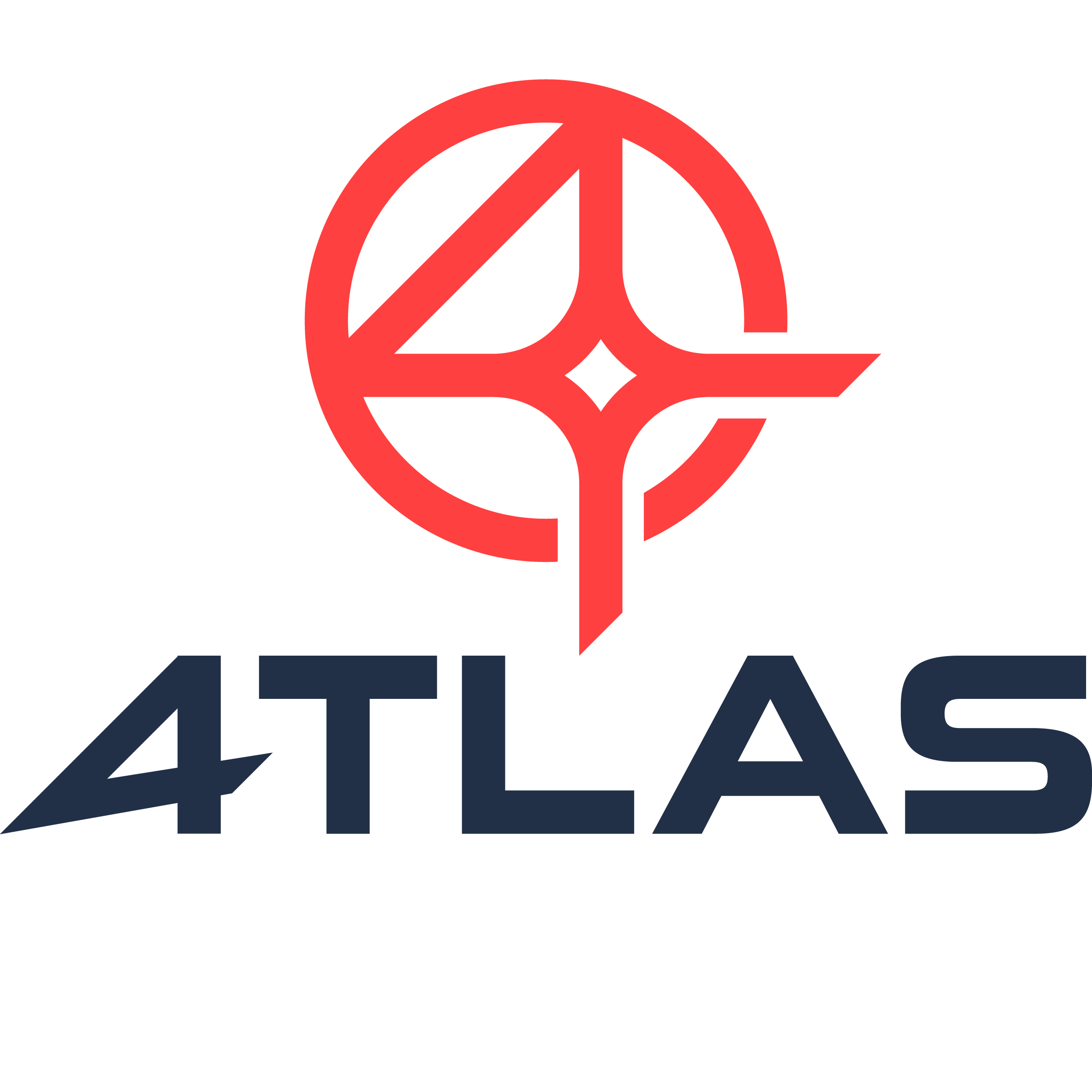Fuze CLI Reference#
This page lists all command-line options supported by fuze. Each option is listed with its short and long forms (if applicable) and a description.
- -v
Enable verbose output to stdout; enables DEBUG statements;
- -q
Minimal stdout
- –build-map
The file that defines a product;
- –target
Space delimited list of targets to build and package. These must be consistent with the list of
- –package
Create build packages, per package target, after the build. (No package target means all target) This is implied, whether specified or not,
- –local
Force all package import/export to and from local DB only
- –reset-db-cache
Reset local package DB and cache
- –draw-graph
Draw a .png image of the build tree and exit; path to the .png will be displayed on the command line;
- –update-packages
Perform a build and update artifacts to the remote cache;
- –release
Promote a Fuze ID to a release stage; currently allowed stages are sit, qa, release; syntax is {}
- –get-workspace
Get build info metadata prepare the workspace to be exactly as it was when the build was done; a
- –create-workspace
A space delimited list of
- –clean-ftl
Removes all files/dirs in the FTL (Fuze Temporary Location) if a custom location is provided
- –get-packages
Download packages that were pushed to the remote cache associated with the given Fuze ID
- –get-atf-results
Download ATF packages that were pushed to the remote cache associated with the given Fuze ID into the
- –get-results
Download test result packages that were pushed to the remote cache associated with the given Fuze ID into the
- –add-packages
Add packages to a deployed unreleased Fuze ID (cannot add package if Fuze ID is in stage
- –add-files
Add files to any Fuze ID;
- –set-dependency
This parameter is to be used in conjunction with –add-packages to mark packages to be uploaded as
- –download-dependencies
Download dependency packages (unzipped) to a specified location
- –create-branch
Create a branch right after retrieving a workspace with get-workspace; get-workspace must be used
- –workspace-file
The config file that defines workspace settings; by default Fuze will search for a file called
- –out
Modify output file name of fuze.out file containing details of last Fuze execution
- –no-out
Suppress the creation of an output file (default out file: fuze.out); this overrides the –out option
- –search
Perform a Fuze search
- –format
Defines (or override the value in workspace.ini) the format output of a Fuze search
- –version
Print the version and exit
- –clean-build
Perform a build from sources only
- –no-interactive
Run Fuze in no-interactive mode
- –localhost-build
Perform any build step on the host machine, not on Docker
- –no-shared-volumes
Do not mount volumes on Docker
- –import-dependencies
Import dependencies into the workspace and exit
- –destination
Override the destination location when importing dependencies
- –run-agent
Test the agent
- –add-atf-results
Add an ATF JSON content to the Metadata of the Fuze ID passed in
- –add-results
Add any non-ATF test results to the metadata of the Fuze ID passed in
- –links
Used in conjunction with –add-results to add any test result links to a Fuze ID
- –docker
Set the execution to be docker
- –docker-local-build-workspace
Assign a FuzeID to a file
- –assign-target
Assign a FuzeID to a file with specified target
- –fuze-product
Assign a FuzeID to a file for this product
- –jira-release-version
Specify the full JIRA Release Version name as specified in JIRA (Releases)
- –comment
When assigning a FuzeID to file(s) OR adding file(s) to a FuzeID include this comment
- –latest
Used with option –get-packages to get the
- –app
Used to tell Fuze that is running from a compiled version of Fuze
- –override-main-path
Override the main path of a build or of an import dependencies
